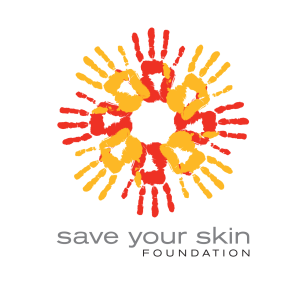Quality of Life
A cancer diagnosis is confronting at every level: physically, mentally, emotionally, socially. Your life after cancer diagnosis may no longer match that quality of life you were enjoying or looking forward to before your diagnosis. You may experience grief over the loss of or changes to the quality of life you had. You may feel uncertainty Allow yourself time to grieve. Be patient and understanding towards yourself.
Quality of life has become an important measure of wellness for cancer patients. According to the World Health Organization (WHO), quality of life (QoL) is defined as individual perception of life, values, objectives, standards, and interests in the framework of culture. A very important piece of this definition is that QoL is based on individual perception. Our perception is based on our beliefs. What is your perception of what it means to have quality of life? What beliefs do you base this perception on? What measures do you use to rate your quality of life? Is there flexibility for those measures to change over time? What subtle changes could you make to your perception to improve your feelings surrounding your quality of life? Below are a handful of strategies to support you in understanding and maximizing your quality of life.
Strategies for improving quality of life
- Getting stuck in the negatives (and how to get unstuck) | Alison Ledgerwood | TEDxUCDavis
- How to Train Your Brain for Positive Thinking – Success.com
- How to Reprogram Your Mind (for Positive Thinking) – Brendon.com YouTube
- Learn How to Control Your Mind (Use this to BrainWash Yourself) – Fearless Soul YouTube
Listed above are a few sources of information and support you might find useful. These groups are not connected to Save Your Skin Foundation. We are providing the links as useful sources of information but do not monitor content for accuracy and quality.
NOTE: The information on the Save Your Skin website is not intended to replace the medical advice of a doctor or healthcare provider. While we make every effort to ensure that the information on our site is as current as possible, please note that information and statistics are subject to change as new research and studies are published.
100% OF DONATIONS GO TO PATIENTS
Making awareness and education available is crucial. Since 2006, the Foundation has worked to raise awareness of melanoma and non-melanoma skin cancers focusing on education, prevention and the need for improved patient care.


